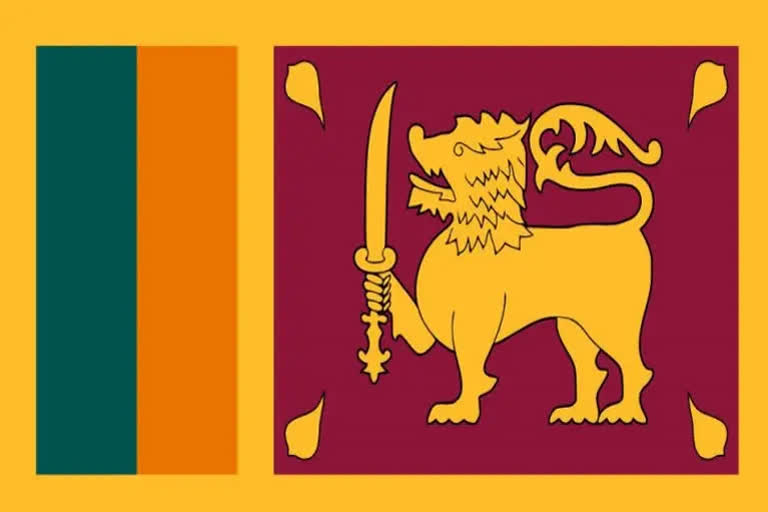Chennai: Reeling under a severe economic crisis, Sri Lanka is in turmoil as protests have become the order of the day with the opposition demanding that the government in Colombo step down. “The catastrophe was waiting to happen as it is deeply intertwined with the non-resolution of the ethnic problem. Power-sharing in a federal arrangement, recognizing the legitimate political aspirations of the Tamil minority, is the way forward,” says veteran Sri Lankan parliamentarian Sivagnanam Sritharan of the Tamil National Alliance (TNA) in a Q&A session.
Q: Hailed as the 'wonder of Aisa', Sri Lanka has fallen into an economic abyss never known before in its history. What are the causes for this present situation and how people are coping with this?
A: The root cause of the problem is the failure to accommodate the legitimate aspirations of the Tamil minority so that there could be inclusive growth of all sections. Sri Lanka could not become a Singapore or a Japan. The island nation is now reaping the result of its past action in Mullivaikaal (where civilians were bombed at the close of the war against the separatist Liberation Tigers of Tamil Eelam- LTTE). Fanning Sinhala-Buddhist and the political leadership riding on it has brought the country to this level. People were fed on chauvinism. But, now there is a realization among the Sinhalese and many are starting to acknowledge slain LTTE supremo V Prabhakaran as a genuine leader.
We are really concerned about the plight of the Sinhala brethren. There are long queues at petrol pumps and people have died in clashes. They are experiencing what we have undergone earlier. The economic path pursued by the post-war political leadership has ruined Sri Lanka. Extravagant vanity projects like the Hambantota port which had gone to the Chinese as well as International Airport, Cricket Stadium, and the Lotus Tower, which are lying idle and have not produced any employment, were built to perpetuate the legacy of the Rajapaksas.
Q: How do you see the present situation and the economic blockade that the Tamils in the North-East had experienced during the three-decade-long civil war?
A: For nearly 24 years, the Tamils suffered under an economic blockade. Even for Rs 3000 per litre, fuel was not available, we could not even build houses due to a lack of steel and cement. We listened to radio news with a bicycle dynamo. We had no soap either to wash clothes or to take baths. When kerosene was Rs 7 per litre in the south, we paid Rs 300 then. But, there were no starvation deaths unlike what we witness now among the Sinhalese. To recover from this crisis, the Sinhalese should be ready to accommodate the legitimate grievances of the Tamils and opt for a federal setup. Such a political trajectory alone will help the country to rise again.
Q: Is the situation conducive for such a change of heart among the political leadership in Colombo? Or will the government try to escape shifting the blame on Covid?
A: A change of heart and understanding of the ethnic issue is the prerequisite for Sri Lanka to come out of the economic downfall. At present, the foreign exchange reserve is in a precarious condition with mounting debts posing a serious challenge. Redemption from this also needs a change of economic policy and developmental priorities and de-militarisation.
